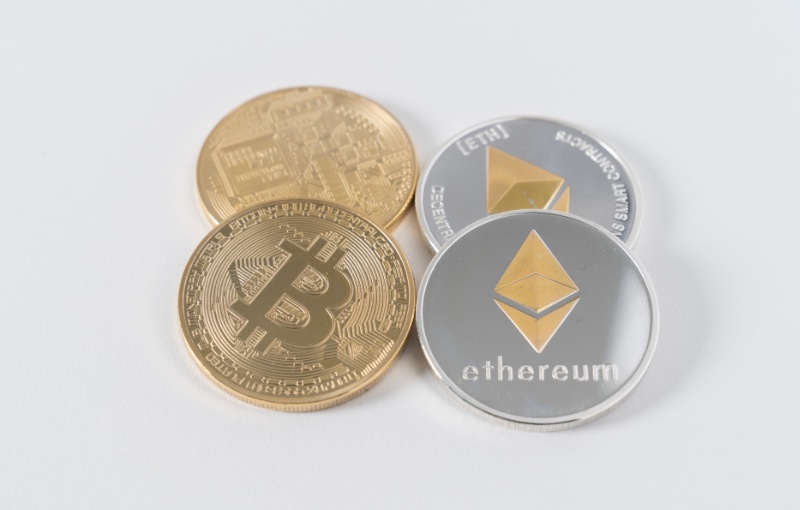Government agencies invest $12m to expand blockchain technology research in Singapore


Government agencies such as Enterprise Singapore, the Infocomm Media Development Authority, the National Research Foundation Singapore, and the Monetary Authority of Singapore launched a $12 million Singapore Blockchain Innovation Programme to further strengthen Singapore’s blockchain ecosystem.

While most people associate blockchain with Bitcoin, blockchain is actually a data structure that holds transactional records and while ensuring security, transparency, and decentralisation with anyone on the network seeing everyone else's entries in near real-time.
But blockchain technology has multiple advantages for businesses as it enables decentralisation and data immutability, and enhances security and transparency. For example, it allows business entities to conduct speedier and more efficient transactions with one another at lower risk and cost, without the need for intermediaries.

Peter Ong, Chairman at Enterprise Singapore said: "Covid-19 emphasised the need for trusted and reliable business systems in the new digital world. Blockchain technology helps to embed trust in applications spanning logistics and supply chains, trade financing to digital identities and credentials."
Funded by the NRF, this Singapore Blockchain Innovation Programme effort aims to drive blockchain technology research forward, according to industry and real-world needs so that solutions developed have actual use cases.
They will engage close to 75 companies including MNCs, large enterprises and ICT companies to the development of 17 blockchain-related projects within the next three years in sectors starting with trade and logistics, and supply chain.
[[nid:495199]]
For example, the SBIP will work with Dimuto, a company providing end-to-end supply chain visibility for global businesses, to work on using blockchain to track and trace high-valued perishables for improving farmers’ creditworthiness.
Beyond research, the SBIP will also look into blockchain scalability to enable the adoption of blockchain in environments with high transaction rates.
The SBIP will also support blockchain interoperability, to enable value exchange across blockchain systems and address the current challenges of siloed blockchain networks. SBIP will also be looking at growing the blockchain tech talent pool to enable ICT companies to further tap on blockchain technologies.
This article was first published in Hardware Zone.